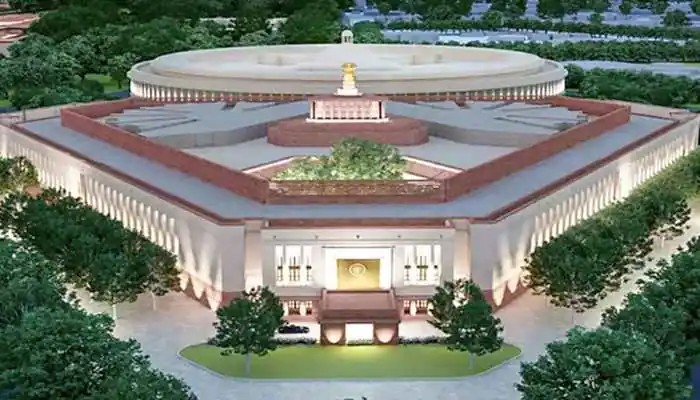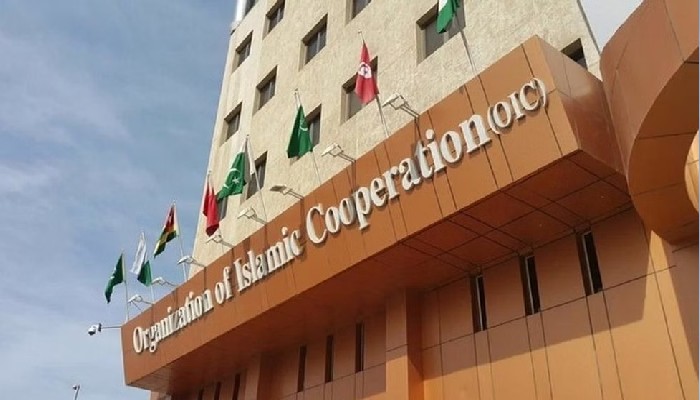The Union Territory of Jammu and Kashmir is witnessing marked changes on all fronts since the abrogation of Article 370
Whether they be law and order situation or tourists’ footfalls or investments—the UT of Jammu and Kashmir is writing a new chapter on the political canvas of its existence as India’s valuable territory.
In fact, the abrogation of special status to J&K has proved armchair experts and dynastic politicians in the region wrong, who had warned of bloodbath, doom, and anarchy, if Article 370 was revoked. The statistics of the last three years, if compared with three years before clearly shows that the security situation in the UT has shown a marked improvement.
Law and order situation:
Since the abrogation of Article 370 not a single civilian died as stone-pelting and street protests vanished. While 3686 law and order incidents (mostly stone pelting incidents) were reported from 2016 to 2019, the number has drastically come down to 438 post August 5, 2019, the data reveals.
Though incidents related to terrorism continue to rile the UT, the number has come down compared to the pre-2019 period. Against 930 terror incidents reported from August 2016 to August 2019, the number has declined to 617 in the last three years.
Again, prior to abrogation of J&K’s special status, 191 civilians were killed by terrorists, in the last three years, civilian casualties have declined to 110, the official figures reveal. On the other hand, the number of security personnel’s killings too have come down from 290 in between 2016 and August 2019 to 174 in the last three years.
Elimination of terrorists:
Over 500 terrorists have been killed in Jammu and Kashmir since 2019 and there has been a marked decline in locals joining terrorist ranks. If Inspector General of Police for Kashmir Vijay Kumar is to be believed, local support for terror outfits has also been on the decline. He attributed this to punitive and preventive actions taken against people who support terrorists in the UT.
Dismissal of government employees on terror charges:
The government has dismissed over 30 employees, including policemen, teachers and senior officials, from their services based on adverse police reports against them and in order to deter locals from nursing separatist sentiments.
Unfurling of tricolour at Lal Chowk:
In the years between 2008 and 2010, separatists would frequently call for a march towards Lal Chowk. On some occasions separatists even succeeded in unfurling the Pakistani flag on Clock Tower in Lal Chowk while several times, police and security forces had to barricade the area to stop people marching towards Lal Chowk. However, post abrogation of Article 370, the trend has reversed and it is now Tricolour which is hoisted on the Clock Tower on Republic and Independence days and other occasions.
Tourists’ arrival:
Due to a sharp decline in stone-pelting incidents and separatist-sponsored strike calls, the tourism sector touched new heights in the UT. Tourists descended on Kashmir in droves. As per the Union Tourism Ministry, around 1.42 lakh tourists visited Jammu and Kashmir during February alone, breaking the seven-year record. In the first week of April, the Srinagar International Airport recorded the busiest day ever in history, with 15,014 people travelling on 90 flights in and out of Kashmir. Then Srinagar-Sharjah five-flight a week was given a green signal by the Ministry of Civil Aviation on October 23 last year. With this, Jammu and Kashmir was reconnected with the UAE after around 11 years. To boost tourism in the UT, J&K Tourist Village Network was launched in June.
Rise in sporting activities:
The improvement of sports infrastructure and the regular happening of sports after the abrogation of Articles 370 has made Kashmir an emerging hub of sports. From Cricket to Martial Arts and Volleyball to Athletics, regular competitions are being organised in the UT under the ‘Khelo India’ programme. This has encouraged many players to qualify for national and international sports events. Kashmiri youth have now realised that decades-long conflict in the region remained an obstacle to pursuing their career in sports.
Investments:
On the business front, investors from the rest of the country and even abroad have shown their interests in Jammu and Kashmir. J&K industries department has received investment proposals worth Rs 56,000 crore and the ground breaking ceremony of projects worth Rs 38,080 crore was conducted in April this year.
Three years down the line, not only investments worth thousands of crores have poured in the UT, it has also resulted in an almost end to corruption, nepotism, favouritism, and era of the dynastic parties, represented by the National Conference (NC) and the People’s Democratic Party (PDP).
However, in 2020 and 2021, due to the COVID-19 pandemic the progress of growth slowed down, the ongoing year has seen national and international business delegations visiting the UT to explore investment opportunities.
Jobs to youth:
In the last three years, the J&K administration has recruited nearly 30 thousand people whereas 5.2 lakh jobs have been created through various self-employment schemes. A common Kashmiri has fully realized that Article 370 only brought death and destruction to the Valley while its revocation has resulted in progress and prosperity.
Challenges:
First-ever district development council (DDC) polls in November-December 2020 were held in J&K after the abrogation of Article 370. But holding of much-awaited Assembly polls remains a challenge.
Javeed Ahmad, a political analyst said in the last three years Pakistan and its proxies in Kashmir tried their best to incite violence, but they failed miserably. “A minuscule few, who were the beneficiaries of the conflict economy, are still crying hoarse. But the reality is that nobody in Jammu and Kashmir is ready to listen to them as these conflict entrepreneurs want the dance of death and destruction to continue,” he said.
“The false narrative built around the so-called special status of erstwhile state by a well-knit network of separatists and dynastic politicians has already crumbled and people of Kashmir have seen how its revocation has opened new vistas of development and created huge employment opportunities for educated youth of Kashmir,” Ahmad added.
Despite Pakistan observing a ‘Black Day’ and separatists giving out a strike call on August 5 this year, the situation remained normal in the valley barring a grenade attack against a labourer from Bihar in Pulwama.
***The writer is a J&K-based journalist; views expressed are his own











 Contact Us
Contact Us
 Subscribe
Subscribe
 News Letter
News Letter
 Instagram
Instagram Youtube
Youtube